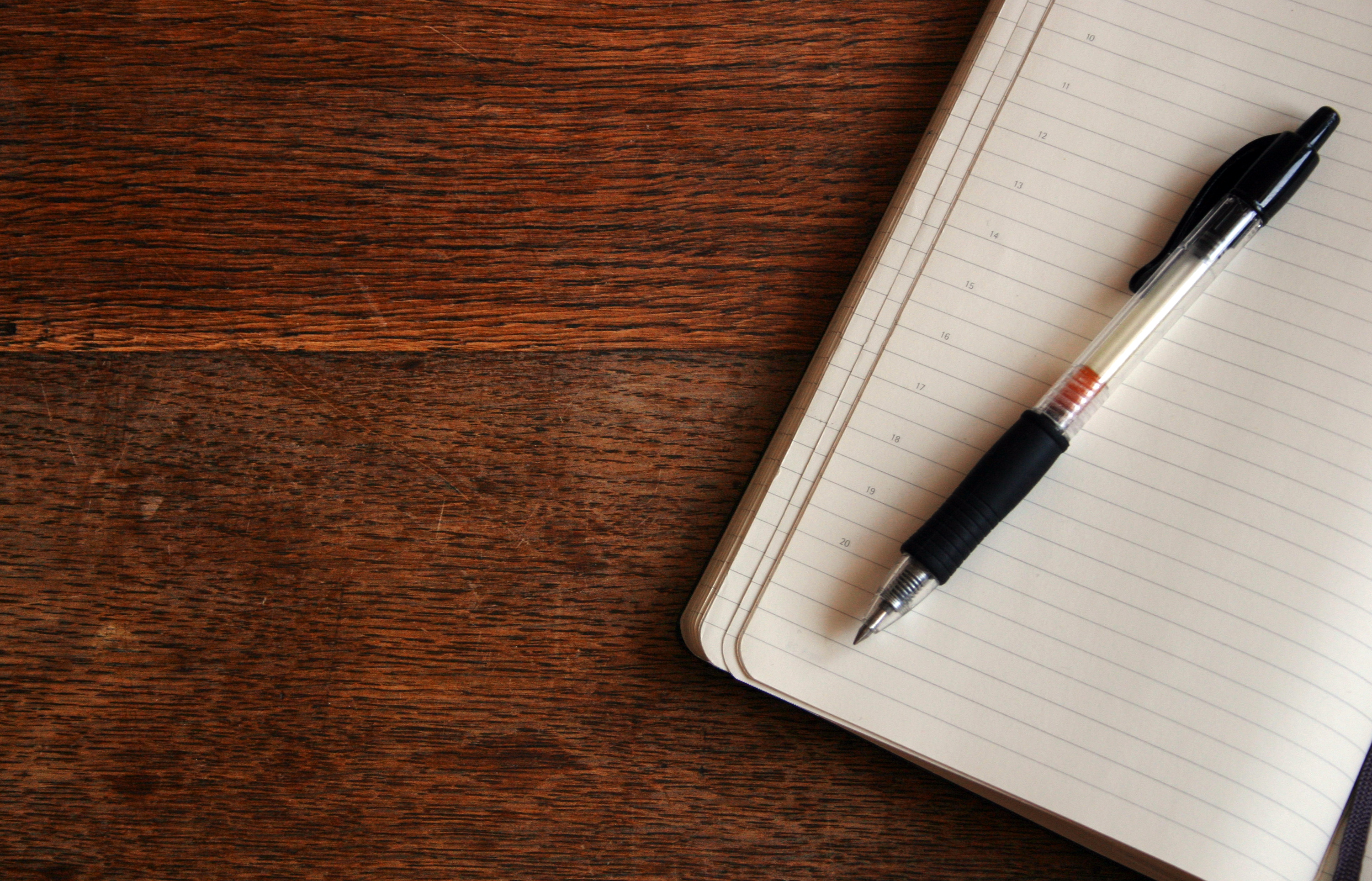As sunny hours begin to stretch long into the evening, spring is right at our fingertips. It’s hard to find the motivation to finish that paper or lab that’s due next week—let alone begin studying for finals. The long weekends of Easter and Passover are upon us with their extra tempting days of relaxation, so here are some tips on how to handle your workload without falling (too far) behind.
BE ORGANIZED
Whether you’re planning to spend your nights blowing off steam, or having some quality family time at home, planning ahead will ease the stress that will inevitably come after your long weekend. Identify your main goals for the week following the break, and try to get major projects and time-sensitive work out of the way before you go out. Make sure to break tasks up into chunks—don’t try to do everything in one day. Allow yourself to work a little bit over the span of the four days, so you still have time to go out, or catch a few extra hours of sleep.
BE REALISTIC
Plan out how long it should take to get an assignment done. When it comes to time management, we often set ourselves overly optimistic goals. Be honest with yourself when it comes to planning a schedule. Make an effort to follow it, and don’t waste time on those tempting Facebook pages (we know you want to check Overheard at McGill). If you feel like you might need some help with your self-control, you can always try out apps like StayFocusd or Self Control that block your site usage for a certain amount of time.
SET AN ALARM
With a long weekend ahead of you, it’s tempting to just forget about your alarm, and let yourself wake up when you want to. This is a bad idea—when you end up waking up at three in the afternoon, you’ll have wasted the entire morning and afternoon. Set a reasonable time for yourself and allow yourself enough hours in a day to work before you decide to relax or go out. If you’re spending a night out with friends, or even at a family celebration, then be careful about the time you want to get home. If you come back in the late hours of the evening, chances are, it’ll be impossible to get up the next day. You can ditch your alarm in five weeks for the post-exam coma.
CHANGE IT UP
Work becomes tedious and boring when you’re at McLennan or Schulich on the same floor all the time. Spice up your study space and go to a different location—the Law Library, Presse Café, and Chapters make great alternate study spots. You might be more inclined to go somewhere different if you bring a friend along—just make sure the two of you can actually get work done together. If you’re going home for the weekend, know which places you can and cannot work in. If it’s impossible to get something done in your room, go to a local library or Starbucks.
EAT WHILE YOU WORK
Got your attention yet? Who doesn’t like food—and it can be beneficial too, especially when you’re working! Having something healthy like a fruit salad, a smoothie, or nuts can actually sharpen your focus and improve memory. Be creative with your snacks. Try “ants on a log”—celery with peanut butter and a few raisins on top. And while it may be tempting, it’s important to avoid greasy or fried foods like chips, fries, and donuts because they will make you sleepy and groggy—save those guilty treats for the party tonight!









